So, I took my first breath in Seattle, Washington, in the US. I wish I could say that I grew up in the beautiful neighborhood of University Village, but no, I was whisked out of the US and back to our home country, Nigeria, where I lived out my childhood and attended primary and secondary school.
My name is Uzoma. I was born in the United States of America, but I grew up in Nigeria and returned to the US as a young adult to attend college in the year 2000. So, while some will not call me the typical migrant woman of color, I was brought up in Nigeria, and believe me when I say my mindset and values are very much African. This made my settling-in experience much different from someone migrating to the US for the first time.
First, I didn’t need to file for work permits or similar paperwork. My relocation coincided with President Clinton’s second term in office, and the US economy was robust and vibrant. Job opportunities were abundant, and though I was tempted to postpone college to work, I decided against this and started school full-time after which I got a part-time job.
In time, I qualified for the Federal Pell Grant, which covered my tuition and books. I was a full-time college student working part-time to cover my living expenses. However, earning more could disqualify prospects from grants or funds, and this made me fear becoming ineligible for the grant. So, while I had the Pell Grant, I maximized my college credit load and attended summer semesters. Then, I completed the requirements for my graduate school application in two and a half years.
While this saved me time, we had opportunities to earn dual degrees and other certificate programs in conjunction with our main course of study (Doctor of Pharmacy, Pharm.D) at graduate school. I look back and wish that I had leveraged more of those opportunities. I completed the Immunization Certificate Program, which many of my classmates bagged, but only a few enrolled in the dual graduate degree programs. The degree was tedious enough; most of us had part-time jobs and needed more time to pursue a dual degree. Looking back, I could have embraced the challenge of earning a dual graduate degree, which would have paid huge dividends in the long run.
For women of color migrating to the US, please keep your expenses low. Get a roommate with whom you can split bills, as living expenses and other bills add up quickly. Don’t get a car simply for prestige; if you can get around with public transportation, please do. Moving to a house near a bus or train route may be wise. Owning a car is costly due to expenses like car insurance, registration, gas, and unexpected car maintenance costs.
Don’t try to keep up with the Joneses. The car and dream house will come in time.
Uzoma O tells her story from Arizona, United States of America.



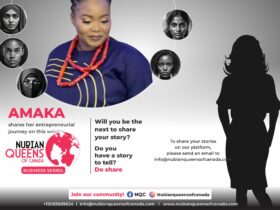
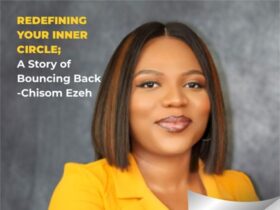



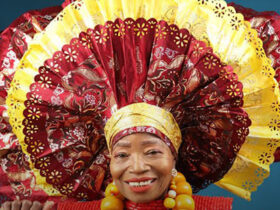

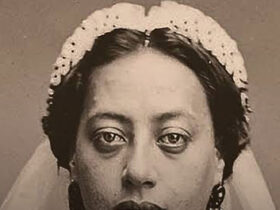




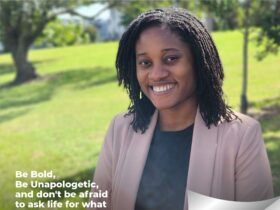
Leave a Reply